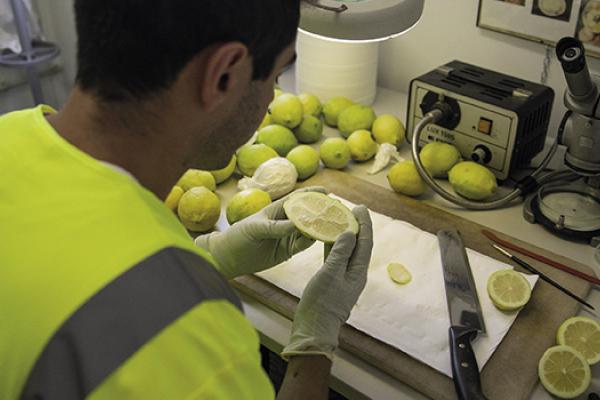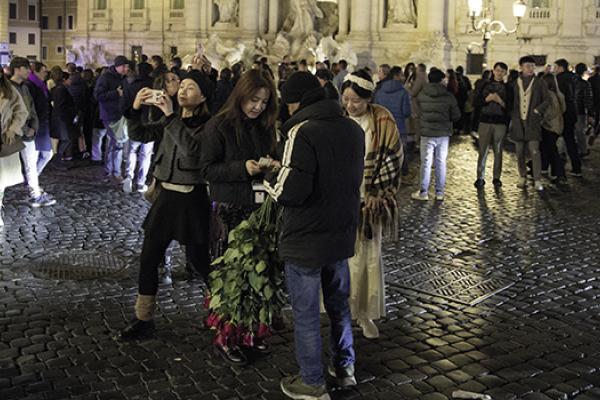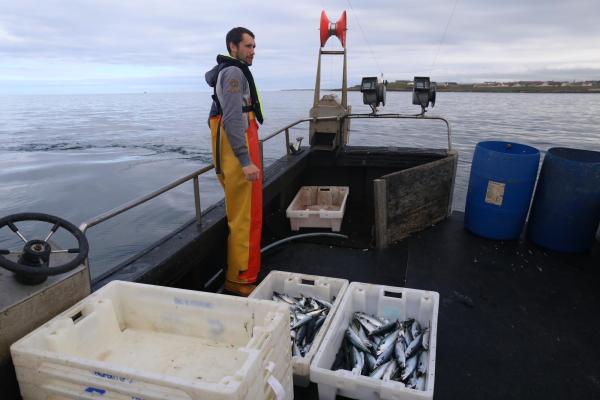Agostino Petroni is an independent Italian journalist based in Rome.
His work appears in publications such as National Geographic, BBC, The Atlantic, and The Guardian. For his work on a deadly disease that is killing southern Italian olive groves, he won the 2022 Collier Journalism Award, which recognizes works on forest or conservation history.
Agostino Petroni is an MA-Politics graduate from Columbia Journalism School and a Pulitzer Center grantee. An economist and a gastronome, Petroni published "Memoria Nueva–Stories of Guardians of the Earth" and produced "Heartwood," a documentary about the gastronomic resilience of three Latin-American Indigenous communities. Petroni has reported in the Americas, Europe, and the Middle East.




